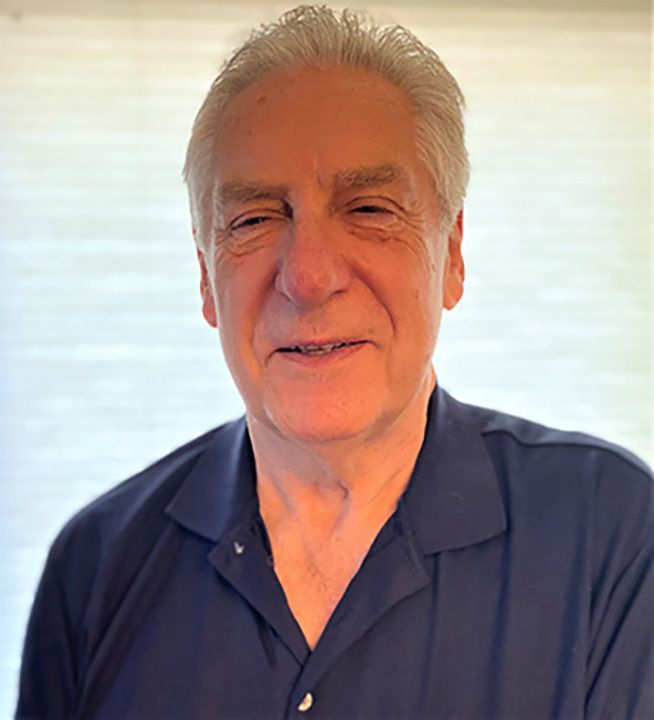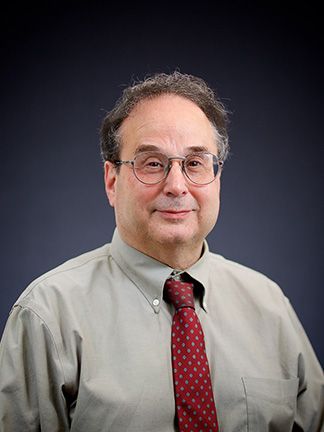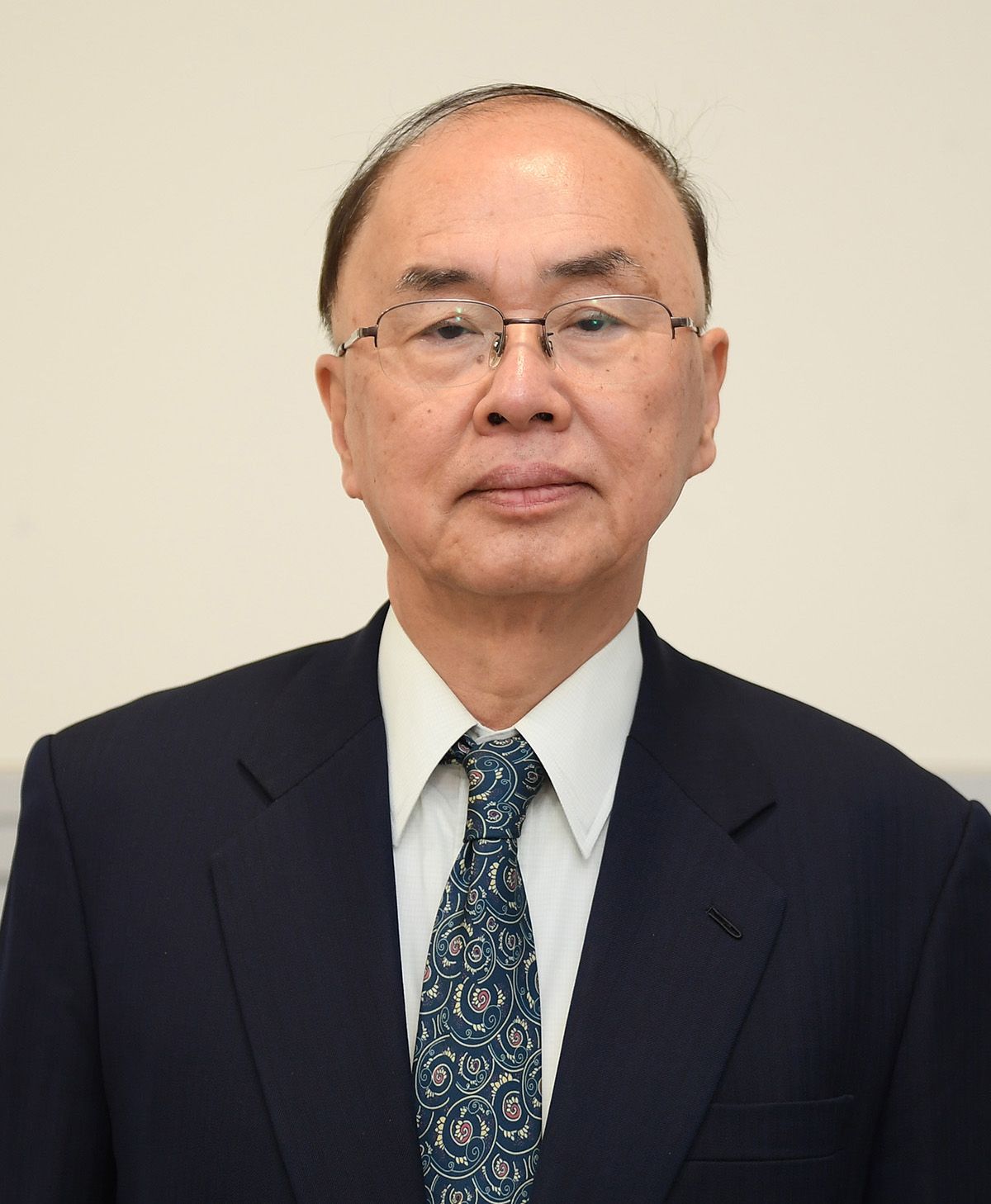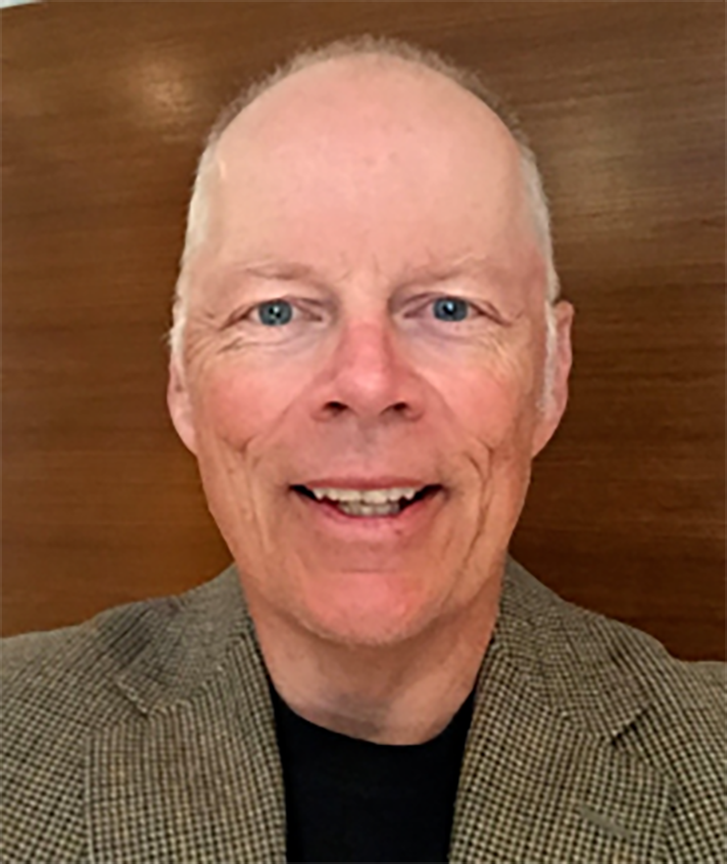Seven New Members Join Spectroscopy's Editorial Advisory Board
Spectroscopy Magazine is pleased to announce the addition of seven new members to its editorial advisory board.
Spectroscopy Magazine is pleased to announce the addition of seven new members to its editorial advisory board: Karl S. Booksh, John Coates, Paul J. Gemperline, Barry K. Lavine, Igor K. Lednev, Yukihiro “Yuki” Ozaki, and Barry M. Wise.
Karl Booksh, University of Delaware

Karl S. Booksh is a professor in the Department of Chemistry and Biochemistry at the University of Delaware. He holds a BS in Chemistry from the University of Alaska and a PhD in Analytical Chemistry from the University of Washington. He is an American Chemical Society Fellow (2015) and a Society for Applied Spectroscopy (SAS) Fellow (2014), and is the president elect of SAS for 2021. His research group develops small chemical sensors capable of reliable measurements in the field and process chemical sensors for environmental, biomedical, and industrial process monitoring. His group also conducts chemometric analysis of collected data and multivariate sensor calibration. In terms of analytical techniques, Booksh is focusing largely on Raman, laser-induced breakdown spectroscopy (LIBS), and fluorescence sensors with a bit of Raman imaging for fun. He is the author of over 100 peer-reviewed articles.
John Coates, Coates Consulting LLC

John Coates was educated and started his career in the United Kingdom. He first worked as an analytical chemist for Castrol Oil Company. He graduated from the Royal Society of Chemistry (RSC) and obtained his PhD in analytical chemistry at Brunel University. After moving to the United States as a senior staff scientist at Perkin Elmer Corporation, Coates accepted positions at Spectra-Tech (Stamford, Connecticut) and then at Nicolet Instruments (Madison, Wisconsin) before returning to a position at PerkinElmer’s Real-Time Systems Division (Wilton, Connecticut) a joint-venture with Dow Chemical Company (Midland, Michigan).
In 1996, Coates opted to leave the corporate world and formed his own company, Coates Consulting LLC, a consulting company focused on applied and industrial instrumentation, optical spectroscopy, and analytical instruments and sensors for dedicated applications, with a primary focus on instrument miniaturization and spectral sensors. Coates has been involved in the development of more than 100 different instrument and sensor products for dedicated applications and received the Williams-Wright Award for Industrial Spectroscopy, presented by the Coblentz Society, in 2013. Coates has 50 years of industrial experience.
Paul J. Gemperline, ECU

Paul J. Gemperline has been the dean of the graduate school at East Carolina University (ECU) since 2009 and a faculty member in the department of chemistry since 1982. He earned his BS and PhD in chemistry from Cleveland State University. Gemperline’s area of research is chemometrics with more than 60 publications and $1.8 million in external grant funds from government and industrial sources. Gemperline's research focuses on the development of new computer algorithms and software tools for analysis of multivariate spectroscopic data. His work has led to advances in methods for monitoring, understanding, and controlling batch chemical and pharmaceutical processes. He has developed methods of cluster analysis and classification for rapid non-destructive testing of raw materials and finished products. His work with collaborators led to the development of a licensed patent for designing optical filters for chemical calibration.
Gemperline also served as the editor-in-chief of the Journal of Chemometrics from 2007 to 2018.
Barry K. Lavine, OSU

Barry K. Lavine is a professor of chemistry at Oklahoma State University (OSU). Lavine’s research interests encompass many aspects of chemical analysis including optical sensors, vibrational spectroscopy, infrared and Raman imaging, and chemometrics. Lavine has published more than 115 research papers, 21 book chapters, and 16 review articles, along with being the editor for three ACS monographs. Lavine is on the editorial board of several journals including the Journal of Chemometrics, Microchemical Journal, Analytical Letters, and Molecules. He has served as chair of the Northern New York (1997–2004) and Oklahoma (2006–2008) sections of the ACS. Lavine has also been the program chair for several meetings including SciX (1992), the Northeast Regional ACS Meeting (1999), and the Pentasectional Meeting of the local Oklahoma Sections of the ACS (2005). Lavine is the recipient of the 2015 Kowalski prize from the Journal of Chemometrics and the 2017 Chemometrics Award sponsored by the Eastern Analytical Symposium. He is also a SAS fellow.
Igor K. Lednev, University of Albany

Igor K. Lednev is a professor at the University of Albany, State University of New York. He received his PhD from the Moscow Institute of Physics and Technology and worked in several leading laboratories around the world in the United Kingdom, Canada, Germany, and Japan. Lednev accepted a faculty position at the University at Albany in 2002 and was promoted to full professor in 2013. His research focuses on the development and application of novel laser spectroscopy techniques for medical diagnostics and forensic purposes. Lednev is a cofounder of two startup companies commercializing his patented technology. He served as an advisory member on the White House Subcommittee for Forensic Science and is a fellow of SAS and the Royal Society of Chemistry. Lednev also launched a new annual National Institute of Justice (NIJ) Forensic Science Symposium at Pittcon in 2018.
He has co-authored about 240 publications in peer-reviewed journals and seven patents.
Yuki Ozaki, Kwansei Gakuin University

Yukihiro (Yuki) Ozaki received his PhD in 1978 from Osaka University. He joined Kwansei Gakuin University in 1989. From 1993 to March 2018, he was a professor in School of Science and Technology. Currently, Ozaki is a professor emeritus of the university. He has been a guest professor or scientist at Kobe University, Fukui University, and Riken and Toyota Physical and Chemical Research Institute. Ozaki is involved in studies of a wide range of molecular spectroscopy techniques, ranging from far-ultraviolet to far-infrared to terahertz and Raman spectroscopy. His research focuses on both electronic and vibrational spectroscopy.
Ozaki has been a member of SAS for more than 30 years and fellow since 2013. He received several awards including the Bomem-Michelson Award (2014), Chemical Society of Japan Award (2017), The Medal with Purple Ribbon (2018), Pittsburgh Spectroscopy Award (2019), and Charles Mann Award (2020).
Barry M. Wise, Eigenvector Research Inc.

Barry M. Wise received BS degrees in chemistry and chemical engineering from the University of Washington in 1982. After three years with Battelle Pacific Northwest National Laboratory, he returned to the University of Washington, where he received MS (1987) and PhD (1991) degrees in chemical engineering. Wise has authored more than 50 scientific publications, patents, and book chapters. He has also created a popular chemometrics software package, PLS_Toolbox, used by scientists and engineers worldwide. Wise is president and cofounder of Eigenvector Research Inc., which provides chemometrics software, training, and consulting. Thousands have attended Wise’s chemometrics short courses at conferences and at Eigenvector University.
Wise was named the winner of the Eastern Analytical Symposium Chemometrics Award for 2001 in recognition of his significant contributions to the field. He also received the Herman Wold Medal in Gold in 2019 for his deep commitment to the proliferation of chemometrics.
Best of the Week: AI and IoT for Pollution Monitoring, High Speed Laser MS
April 25th 2025Top articles published this week include a preview of our upcoming content series for National Space Day, a news story about air quality monitoring, and an announcement from Metrohm about their new Midwest office.
LIBS Illuminates the Hidden Health Risks of Indoor Welding and Soldering
April 23rd 2025A new dual-spectroscopy approach reveals real-time pollution threats in indoor workspaces. Chinese researchers have pioneered the use of laser-induced breakdown spectroscopy (LIBS) and aerosol mass spectrometry to uncover and monitor harmful heavy metal and dust emissions from soldering and welding in real-time. These complementary tools offer a fast, accurate means to evaluate air quality threats in industrial and indoor environments—where people spend most of their time.